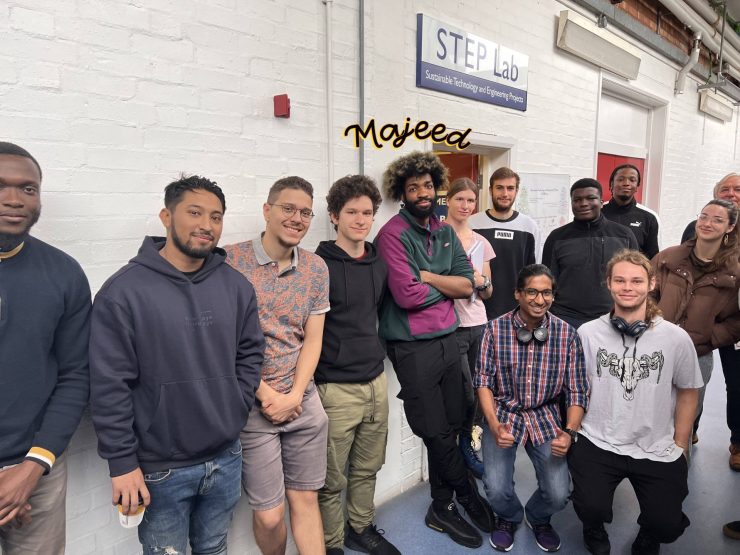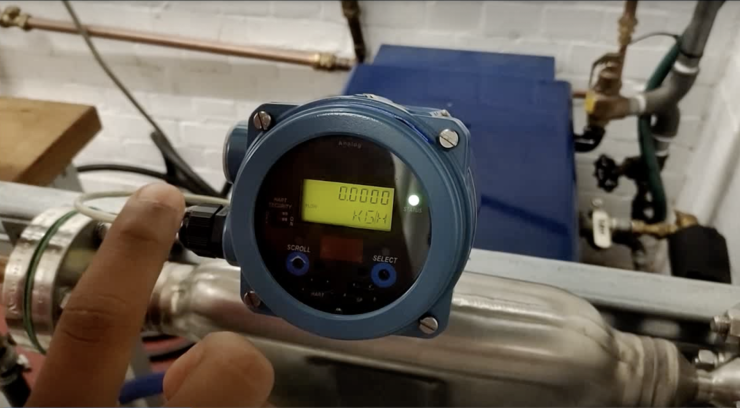The Engineering Practice module, co-delivered by over a dozen Personal Academic Tutors, and led by Dr Angad Panesar, is our first-year flagship module on our Aerospace, Automotive, Electrical and Mechanical courses. We’ve asked three groups of students taking part in the projects for this module, to talk about their experiences.
In this blog Theodore, Connor and Will, our Mechanical Engineering Students, from Group 14 discuss their experience on the module, about sustainability, multidisciplinary projects, and communal aspects of the technical activities, leading to their first-class output and poster.
Read our other blogs about electrical engineering student Cristian’s experience of these projects and the way Jake, Valentin, Edward, Connor and Isabel worked together on theirs.
Continue reading “Engineering projects – rocket cars, robots and Engineering Without Borders.”






